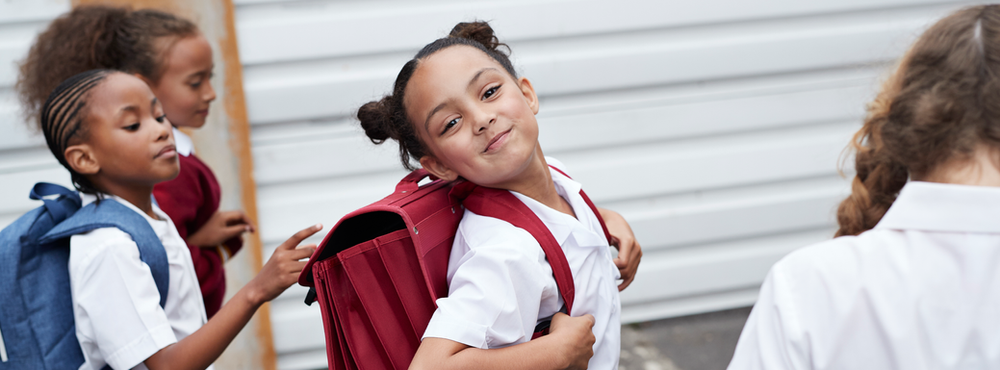News update: The Dutch Government has announced it is spending EUR 8.5 billion to help children catch up on learning they've lost due to COVID-19. The funding will provide programs and tutoring. Our study demonstrated that primary school children's education suffered severely during lockdown, and informed the Dutch Government's decision.
Primary school children learned ‘little or nothing’ at home during lockdown school closures, according to new research from the Leverhulme Centre for Demographic Science at the University of Oxford.
The study, published on pre-print server SocArXiv, and which has been submitted for peer-review, found that, even in a country well-equipped to handle the challenges of a lockdown, remote learning has been largely ineffective.
Based on the experience of students aged 7–11 in the Netherlands, the study found the country’s high-quality remote provision nevertheless saw students lose about a fifth of the progress they would usually make in a year. This is equivalent to the time spent outside the classroom because of pandemic school closures. The impact was even more severe for children from disadvantaged backgrounds.
The study’s authors are Per Engzell, Arun Frey, and Mark Verhagen. Dr Engzell, said: ‘Students made little or no progress while learning from home. Losses are particularly concentrated among students from homes with parents without university education. For them, the loss was about 50% worse than for others.’
Co-author, Arun Frey, said: ‘These results confirm many of the worst fears that educators, parents and other stakeholders had when going into the first lockdown. The results are particularly concerning as the Netherlands did so many things right: teachers and school officials made a tremendous effort, the government even stepped in and bought laptops for children who needed one.’
The Netherlands offered researchers an opportunity to study the effectiveness of online learning, since nationally standardised exams took place just before and after school closures – making it possible to compare progress in the period schools were closed with a normal year. According to the researchers, the Netherlands provides a “best-case” scenario for studying the effect of school closures on student learning, because of its world-leading rates of broadband access and its short lockdown in the first wave. Yet this piece of research reveals that it was clear that student progress declined substantially, suggesting there could be even larger losses in countries with longer lockdowns and weaker infrastructure for remote learning.
Researchers questioned if these results represent a temporary setback, for which schools and teachers can eventually compensate.
Co-author, Mark Verhagen, said: ‘Only time will tell if students bounce back, remain stable, or fall further behind. What we know is, if no action is taken, small losses can cumulate into large disadvantages over time. It is on us as a society to step up our efforts if we are not going to fail a whole generation of school children.’

Figure (left) shows estimates of learning loss for entire sample by subgroup and test (from a difference-in-difference specification comparing learning progress between the 2 testing dates in 2020 to the 3 previous years).
According to the UN, some 95% of the world’s students have been affected by school closures, constituting the largest disruption to education in history. Many observers have pointed to the potential harms in terms of learning, and the increased care burdens on parents.
In countries such as England, Germany and France, leaders have opted to close bars and restaurants, while letting schools stay open in a second lockdown. Elsewhere, children are still being kept at home.
As large parts of the world are preparing for a second wave of the pandemic, this research highlights the potential impact of school closures on students’ progress, and the disproportionate damage to those from disadvantaged households.
The study “Learning Inequality During the Covid-19 Pandemic” is authored by Per Engzell, Arun Frey, and Mark Verhagen and can be found here: https://osf.io/preprints/socarxiv/ve4z7
The version is a working paper and thus not yet peer reviewed.
Contact information: Per Engzell Arun Frey




